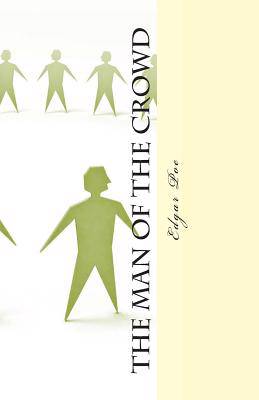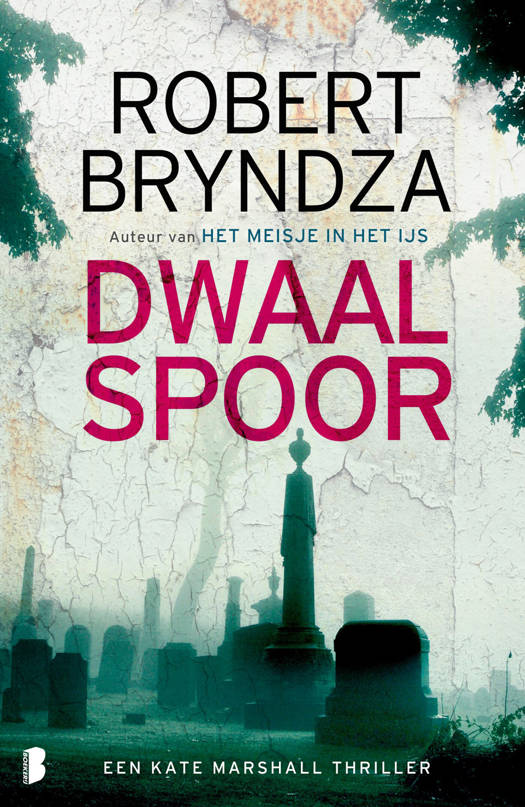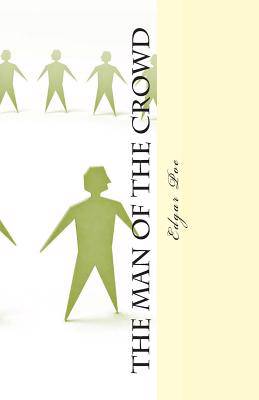
- Afhalen na 1 uur in een winkel met voorraad
- Gratis thuislevering in België vanaf € 30
- Ruim aanbod met 7 miljoen producten
- Afhalen na 1 uur in een winkel met voorraad
- Gratis thuislevering in België vanaf € 30
- Ruim aanbod met 7 miljoen producten
Zoeken
Omschrijving
"The Man of the Crowd" is a short story written by Edgar Allan Poe about a nameless narrator following a man through a crowded London, first published in 1840. The story is introduced with the epigraph, "Ce grand malheur, de ne pouvoir être seul"-a quote taken from The Characters of Man by Jean de la Bruyère. It translates to This great misfortune, of not being able to be alone. This same quote is used in Poe's earliest tale, "Metzengerstein". Illustration by Harry Clarke for a London edition dated 1923 After an unnamed illness, the unnamed narrator sits in an unnamed coffee shop in London. Fascinated by the crowd outside the window, he considers how isolated people think they are, despite "the very denseness of the company around". He takes time to categorize the different types of people he sees. As evening falls, the narrator focuses on "a decrepit old man, some sixty-five or seventy years of age," whose face has a peculiar idiosyncrasy, and whose body "was short in stature, very thin, and apparently very feeble" wearing filthy, ragged clothes of a "beautiful texture". The narrator dashes out of the coffee shop to follow the man from afar. The man leads the narrator through bazaars and shops, buying nothing, and into a poorer part of the city, then back into "the heart of the mighty London". This chase lasts through the evening and into the next day. Finally, exhausted, the narrator stands in front of the man, who still does not notice him. The narrator concludes the man is "the type and genius of deep crime" due to his inscrutability and inability to leave the crowds of London. Edgar Allan Poe (born Edgar Poe; January 19, 1809 - October 7, 1849) was an American author, poet, editor, and literary critic, considered part of the American Romantic Movement. Best known for his tales of mystery and the macabre, Poe was one of the earliest American practitioners of the short story, and is generally considered the inventor of the detective fiction genre. He is further credited with contributing to the emerging genre of science fiction. He was the first well-known American writer to try to earn a living through writing alone, resulting in a financially difficult life and career. Born in Boston, he was the second child of two actors. His father abandoned the family in 1810, and his mother died the following year. Thus orphaned, the child was taken in by John and Frances Allan, of Richmond, Virginia. Although they never formally adopted him, Poe was with them well into young adulthood. Tension developed later as John Allan and Edgar repeatedly clashed over debts, including those incurred by gambling, and the cost of secondary education for the young man. Poe attended the University of Virginia for one semester but left due to lack of money. Poe quarreled with Allan over the funds for his education and enlisted in the Army in 1827 under an assumed name. It was at this time his publishing career began, albeit humbly, with an anonymous collection of poems, Tamerlane and Other Poems (1827), credited only to "a Bostonian". With the death of Frances Allan in 1829, Poe and Allan reached a temporary rapprochement. Later failing as an officer's cadet at West Point and declaring a firm wish to be a poet and writer, Poe parted ways with John Allan.
Specificaties
Betrokkenen
- Auteur(s):
- Uitgeverij:
Inhoud
- Aantal bladzijden:
- 26
- Taal:
- Engels
Eigenschappen
- Productcode (EAN):
- 9781500495497
- Verschijningsdatum:
- 11/07/2014
- Uitvoering:
- Paperback
- Formaat:
- Trade paperback (VS)
- Afmetingen:
- 129 mm x 198 mm
- Gewicht:
- 36 g

Alleen bij Standaard Boekhandel
+ 35 punten op je klantenkaart van Standaard Boekhandel
Beoordelingen
We publiceren alleen reviews die voldoen aan de voorwaarden voor reviews. Bekijk onze voorwaarden voor reviews.













